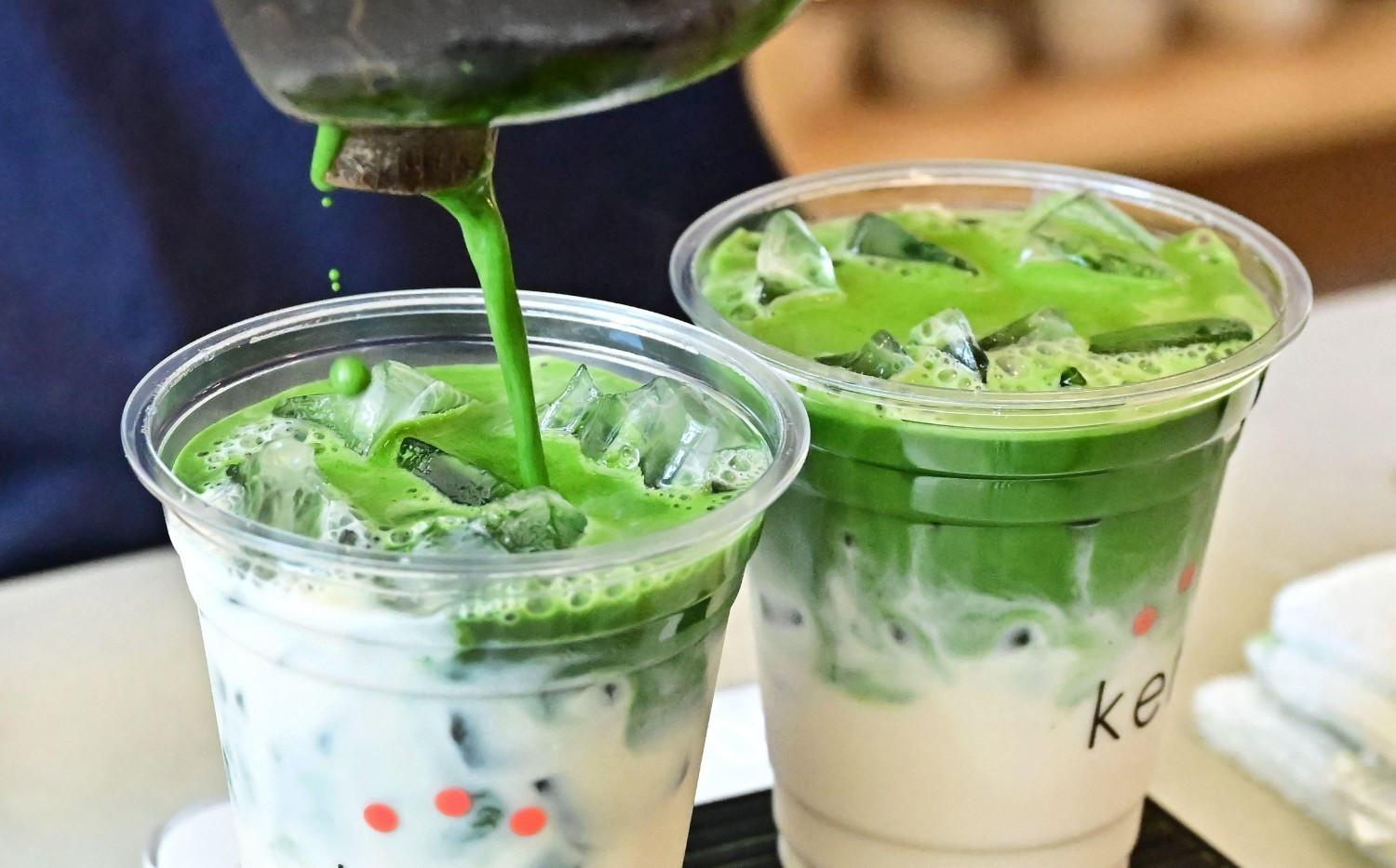
At a minimalist Los Angeles matcha bar, powdered Japanese tea is prepared with precision, despite a global shortage driven by the bright green drink's social media stardom.
Of the 25 types of matcha on the menu at Kettl Tea, which opened on Hollywood Boulevard this year, all but four were out of stock, the shop's founder Zach Mangan told AFP.
"One of the things we struggle with is telling customers that, unfortunately, we don't have" what they want, he said.
With its deep grassy aroma, intense color and pick-me-up effects, the popularity of matcha "has grown just exponentially over the last decade, but much more so in the last two to three years," the 40-year-old explained.
It is now "a cultural touchpoint in the Western world." This has caused matcha's market to nearly double over a year, Mangan said.
"No matter what we try, there's just not more to buy."
Thousands of kilometers away in Sayama, northwest of Tokyo, Masahiro Okutomi, the 15th generation to run his family's tea business, is overwhelmed by demand.
"I had to put on our website that we are not accepting any more matcha orders," he said.
Producing the powder is an intensive process: the leaves, called "tencha," are shaded for several weeks before harvest, to concentrate the taste and nutrients.
They are then carefully deveined by hand, dried and finely ground in a machine.
"It takes years of training" to make matcha properly, Okutomi said. "It's a long-term endeavor requiring equipment, labor and investment."
"I'm glad the world is taking an interest in our matcha... but in the short term, it's almost a threat, we just can't keep up," he said.
The matcha boom has been fuelled by online influencers.
In 2024, matcha accounted for over half of the 8,798 tonnes of green tea exported from Japan, according to agriculture ministry data, twice as much as a decade ago.
Tokyo tea shop Jugetsudo, in the touristy former fish market area of Tsukiji, is trying to control its stock levels given the escalating demand.
"We don't strictly impose purchase limits, but we sometimes refuse to sell large quantities to customers suspected of reselling," said store manager Shigehito Nishikida.
"In the past two or three years, the craze has intensified: customers now want to make matcha themselves, like they see on social media," he added.
Japan's government is encouraging tea producers to farm on a larger scale to reduce costs.
But that risks sacrificing quality, and "in small rural areas, it's almost impossible," grower Okutomi said.
The number of tea plantations in Japan has fallen to a quarter of what it was 20 years ago, as farmers age and find it difficult to secure successors, he added.
"Training a new generation takes time... It can't be improvised," Okutomi said.